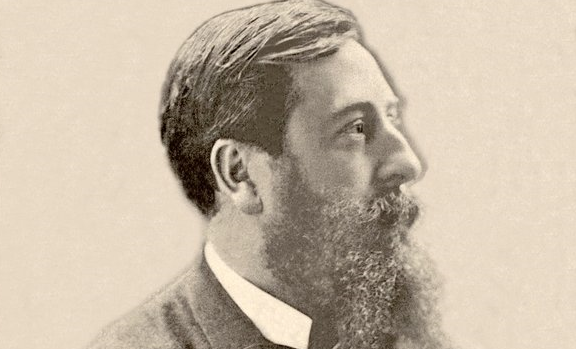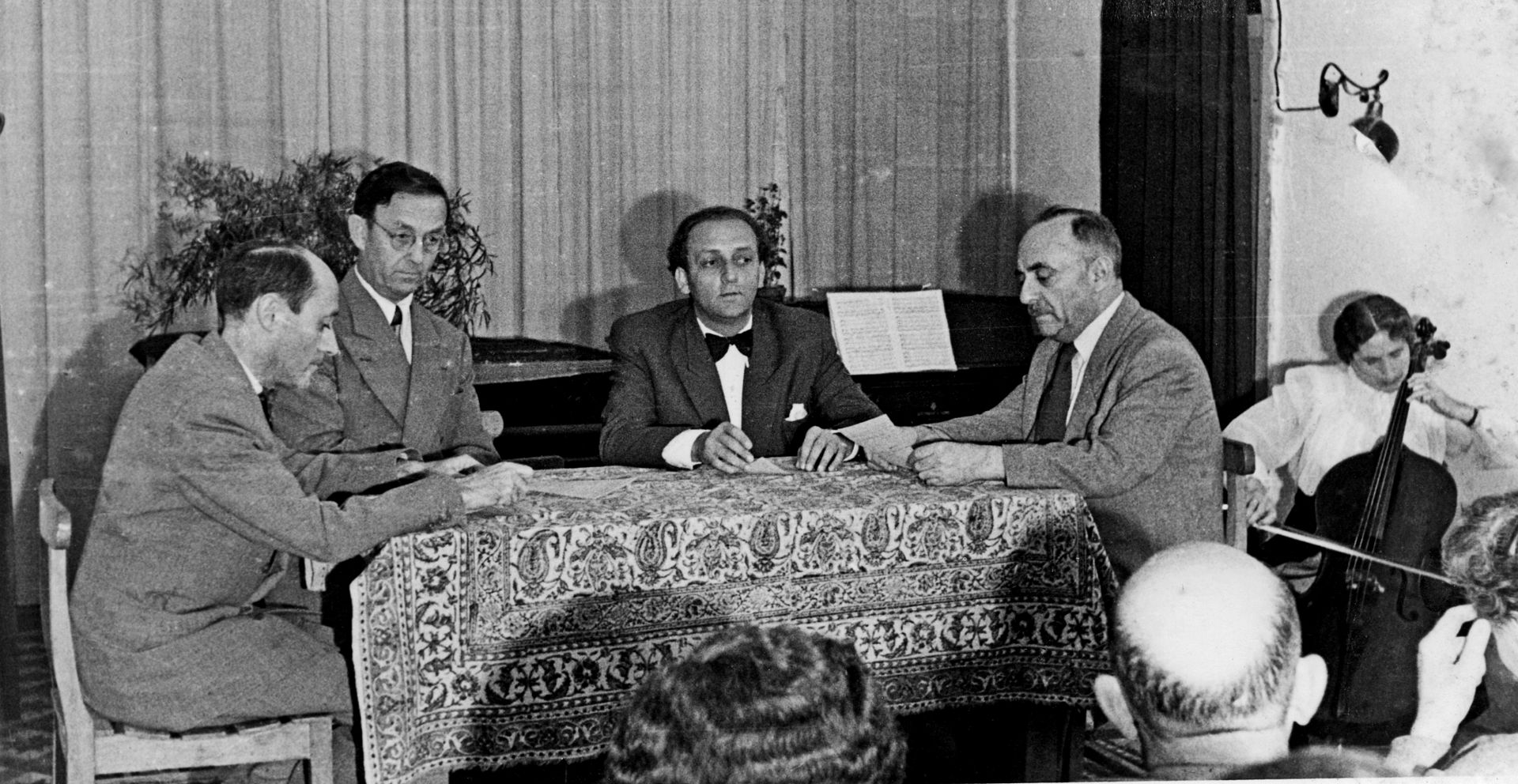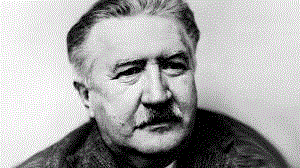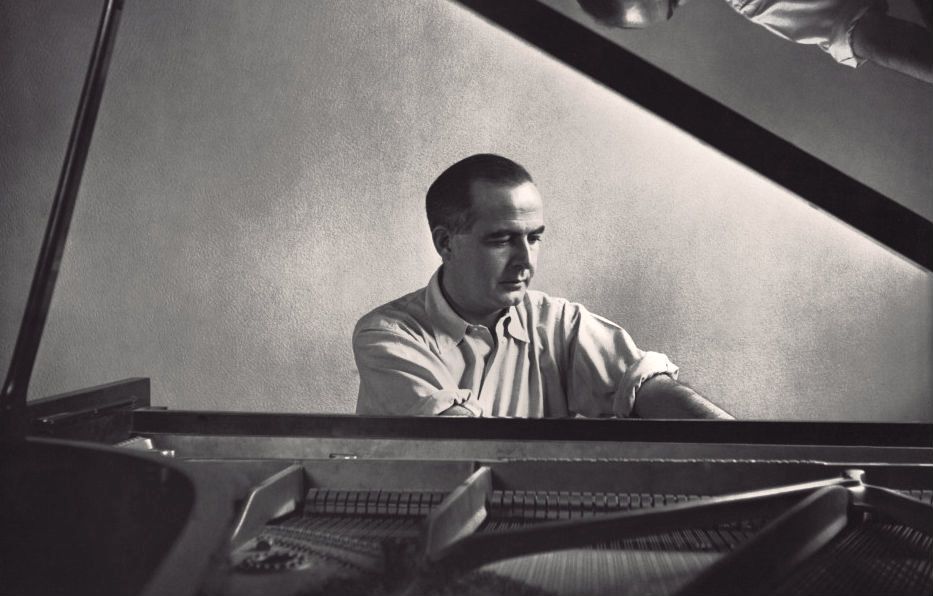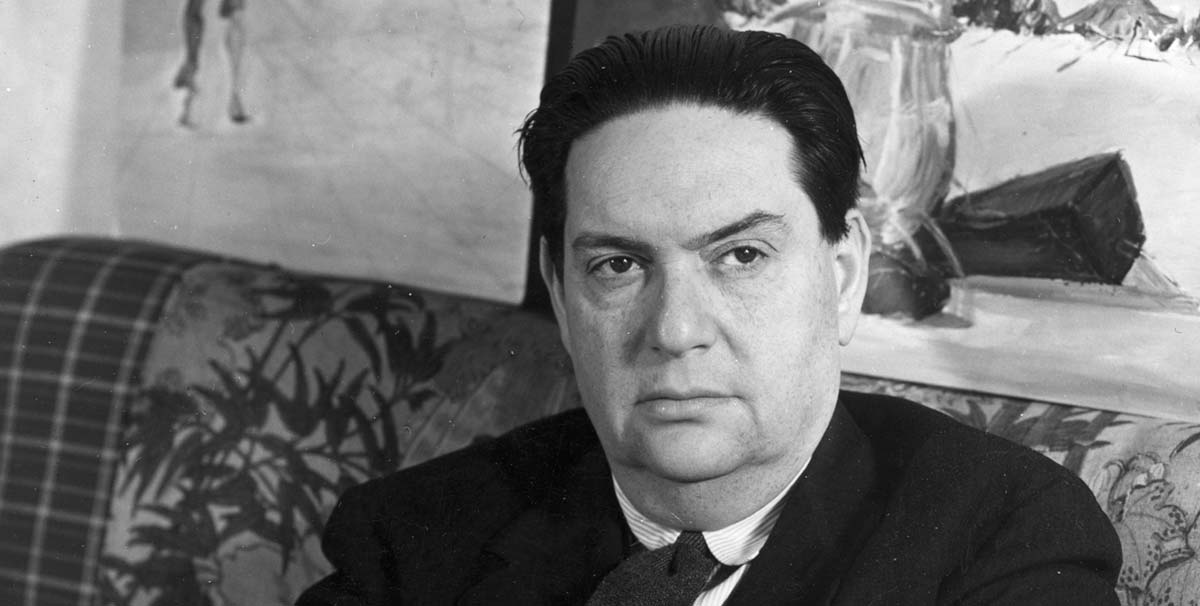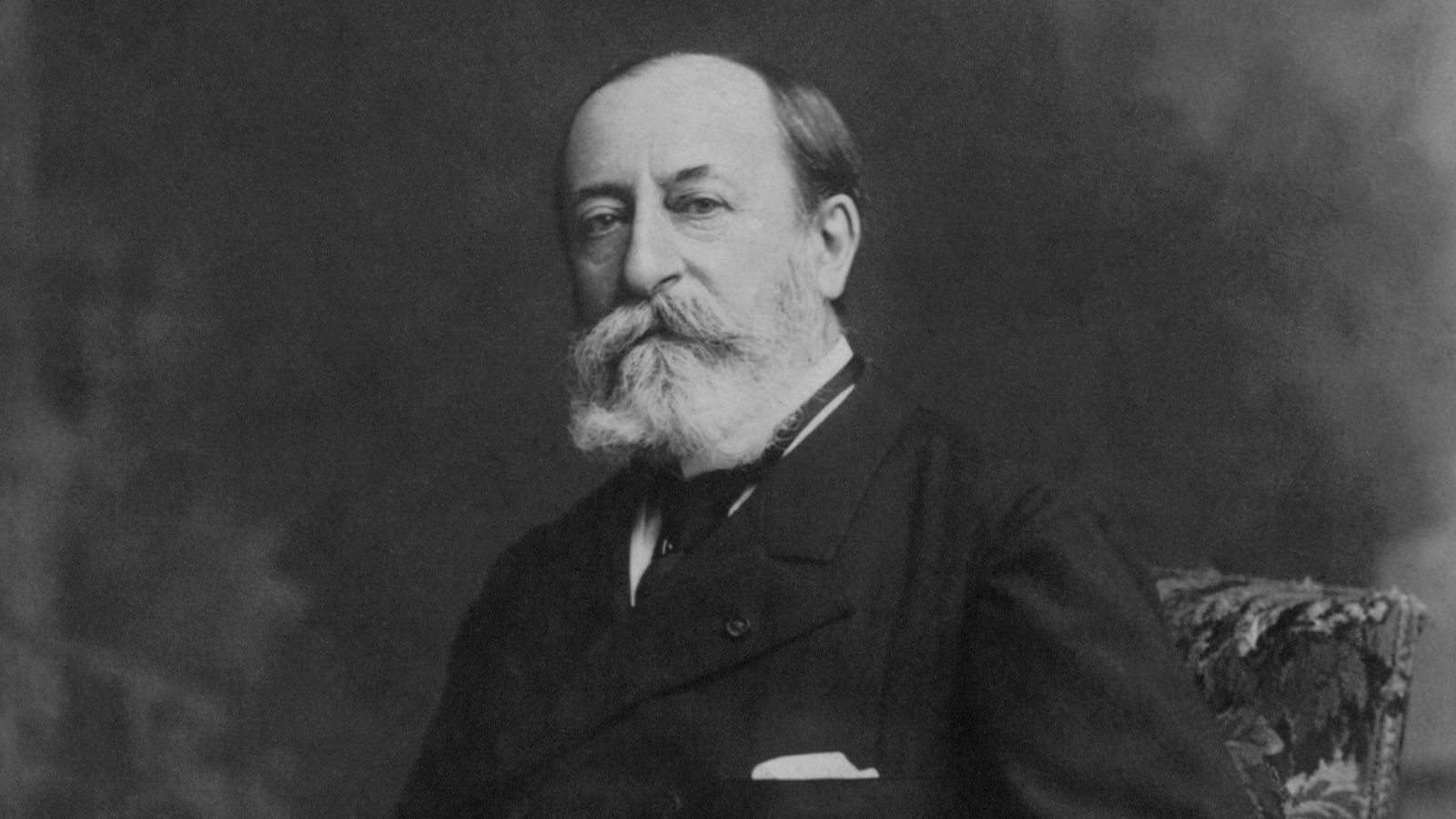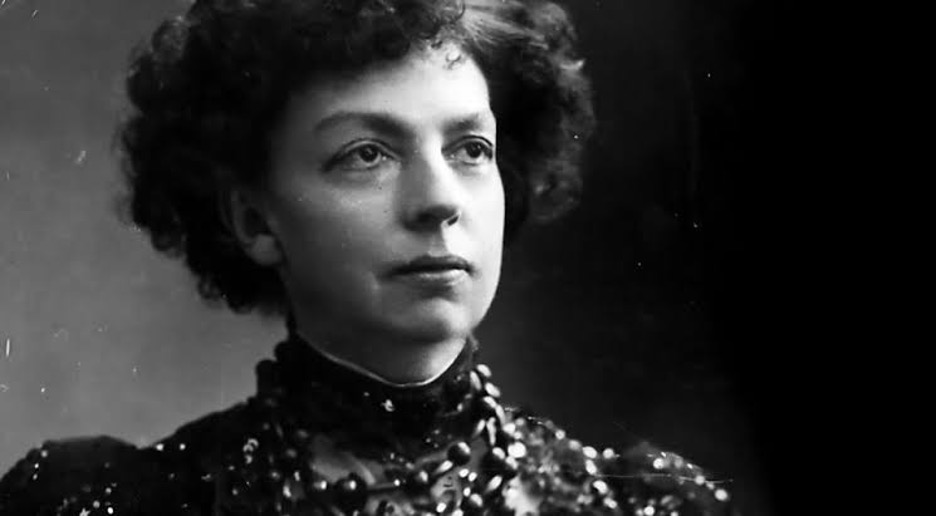Léo Delibes, born Clément Philibert Léo Delibes on February 21, 1836, in Saint-Germain-du-Val, France, was destined for a life immersed in music. His father was a mailman, but his mother and uncle were musicians, giving young Léo an early exposure to music. After his father’s death, Delibes moved to Paris with his mother, where his musical talent blossomed. At the age of 12, he entered the Paris Conservatoire, studying under renowned composers like Adolphe Adam and François Bazin. His early education prepared him for a versatile career in both sacred and theatrical music.
Frank Pelleg (1910–1968), an Israeli pianist, composer, and conductor, holds a special place in the landscape of 20th-century classical music. His contributions as a composer and performer helped shape Israeli classical music, blending Eastern and Western musical traditions. Pelleg's works resonate with innovation, emotion, and deep cultural roots. Below, we explore five of his finest compositions that showcase his unique voice and creative genius.
Josef Suk (1874-1935) was a Czech composer and violinist whose works are celebrated for their emotional depth, lyricism, and reflection of the Czech musical tradition. As a student of Antonín Dvořák and a member of the Czech Quartet, Suk's compositions blend Romanticism with elements of Modernism. Below, we explore five of his most remarkable compositions, highlighting why they stand out in his oeuvre.
Mykola Leontovych, a Ukrainian composer and choral conductor, is best known for his deeply rooted folk-based choral compositions. His works capture the essence of Ukrainian culture and are a symbol of national pride. Born in 1877, Leontovych's life was tragically cut short in 1921, but his legacy endures through his music, which continues to be performed worldwide. Below are five of his most outstanding compositions, each highlighting his unique ability to blend traditional Ukrainian folk elements with choral artistry.
Scott Joplin, often referred to as the "King of Ragtime," was one of the most influential composers in American music history. His innovative ragtime compositions helped shape early 20th-century American music, blending African American musical traditions with classical elements. Below are five of Joplin's most celebrated compositions that continue to captivate listeners today.
Edvard Grieg (1843–1907) was a Norwegian composer and pianist, widely regarded as one of the leading figures in the Romantic period. His music is deeply rooted in the folk traditions of his homeland, bringing a unique blend of lyricism, vibrant rhythms, and rich harmonies. Grieg’s compositions often evoke the beauty of Norway’s landscapes, and his works remain beloved around the world. Here, we explore five of his most iconic and enduring compositions.
Darius Milhaud (1892–1974) was one of the most prolific and versatile composers of the 20th century. A member of the renowned French group Les Six, Milhaud is known for his distinctive blending of styles, including jazz, Brazilian music, and French modernism. His ability to incorporate diverse musical elements while maintaining a cohesive voice makes his compositions significant in both classical and modern music.
Camille Saint-Saëns (1835-1921) was a French composer, pianist, and organist who made significant contributions to the Romantic era of classical music. Known for his versatility and technical brilliance, Saint-Saëns produced an extensive body of work, ranging from symphonies to chamber music, operas, and concertos. Here are five of his most outstanding compositions that continue to captivate audiences worldwide.
Cécile Chaminade (1857-1944) was a French composer and pianist who made significant contributions to classical music, particularly during a time when female composers were rare in the professional realm. Her works, often lyrical and melodically rich, gained immense popularity, especially in salons and music halls across Europe and the United States. Here’s a look at her five most remarkable compositions that showcase her musical genius:
